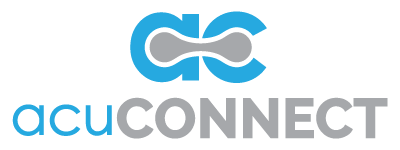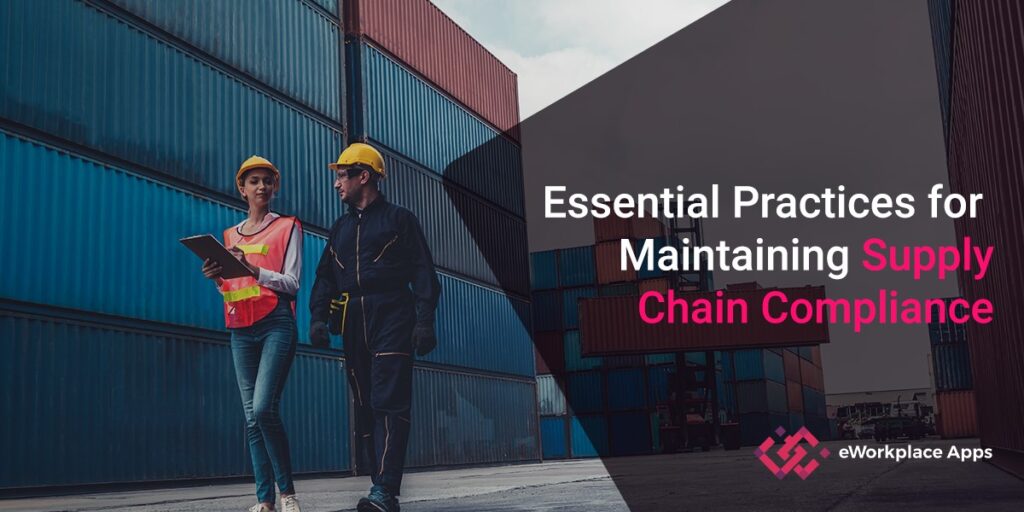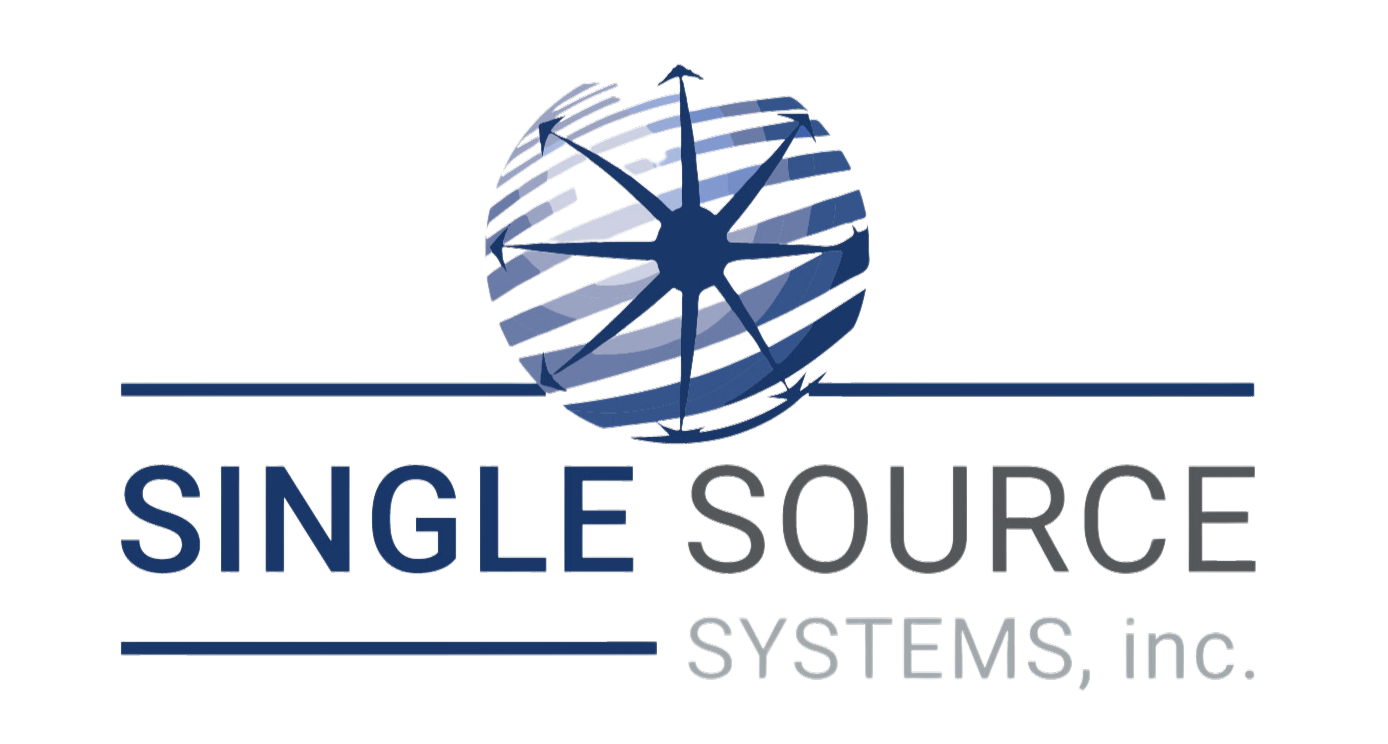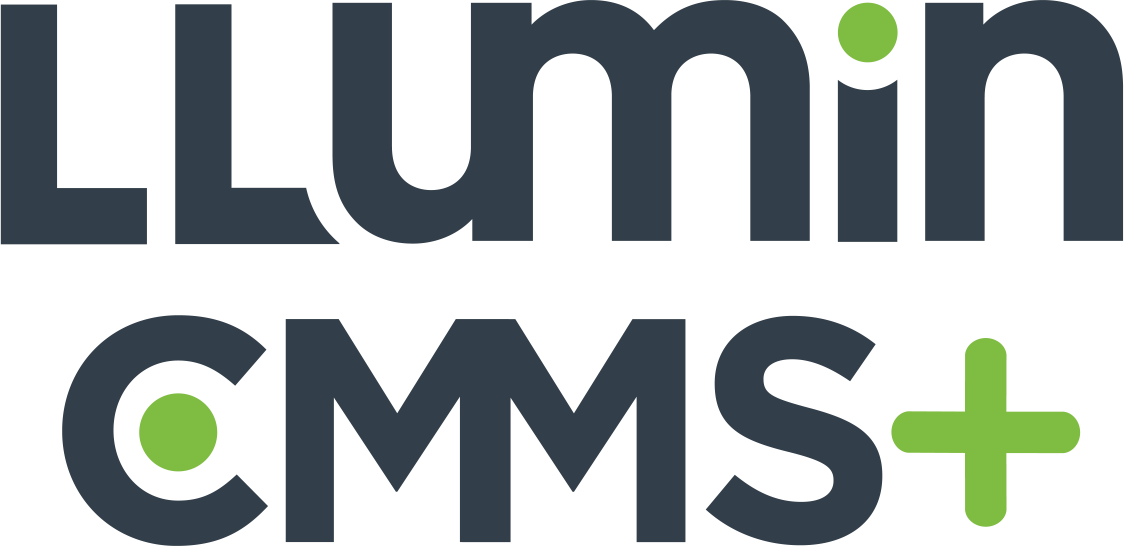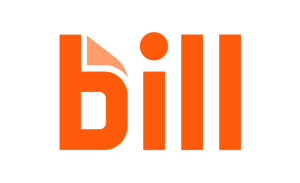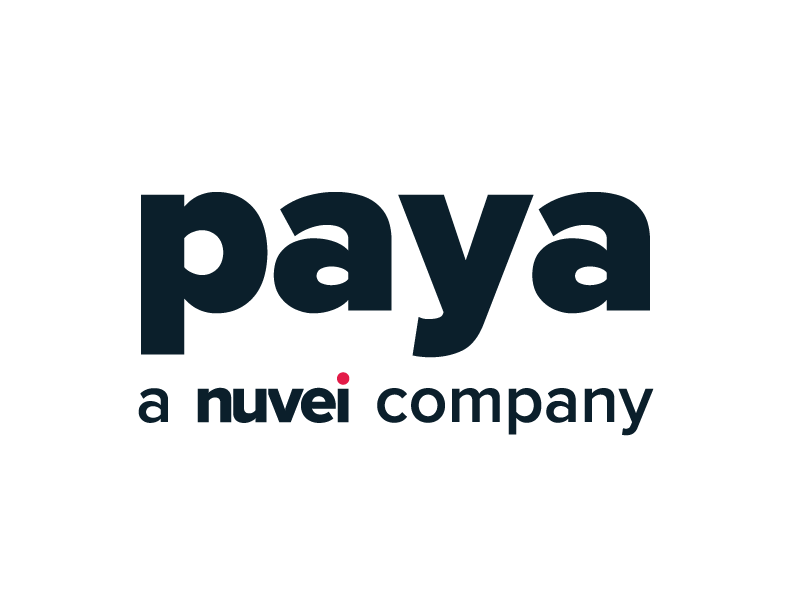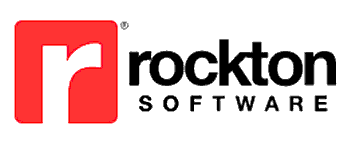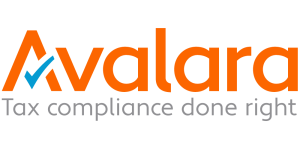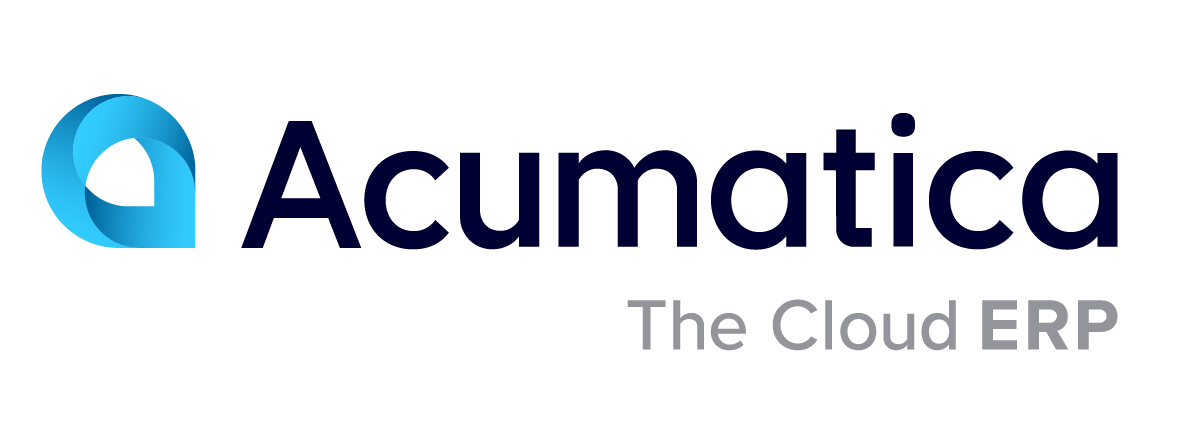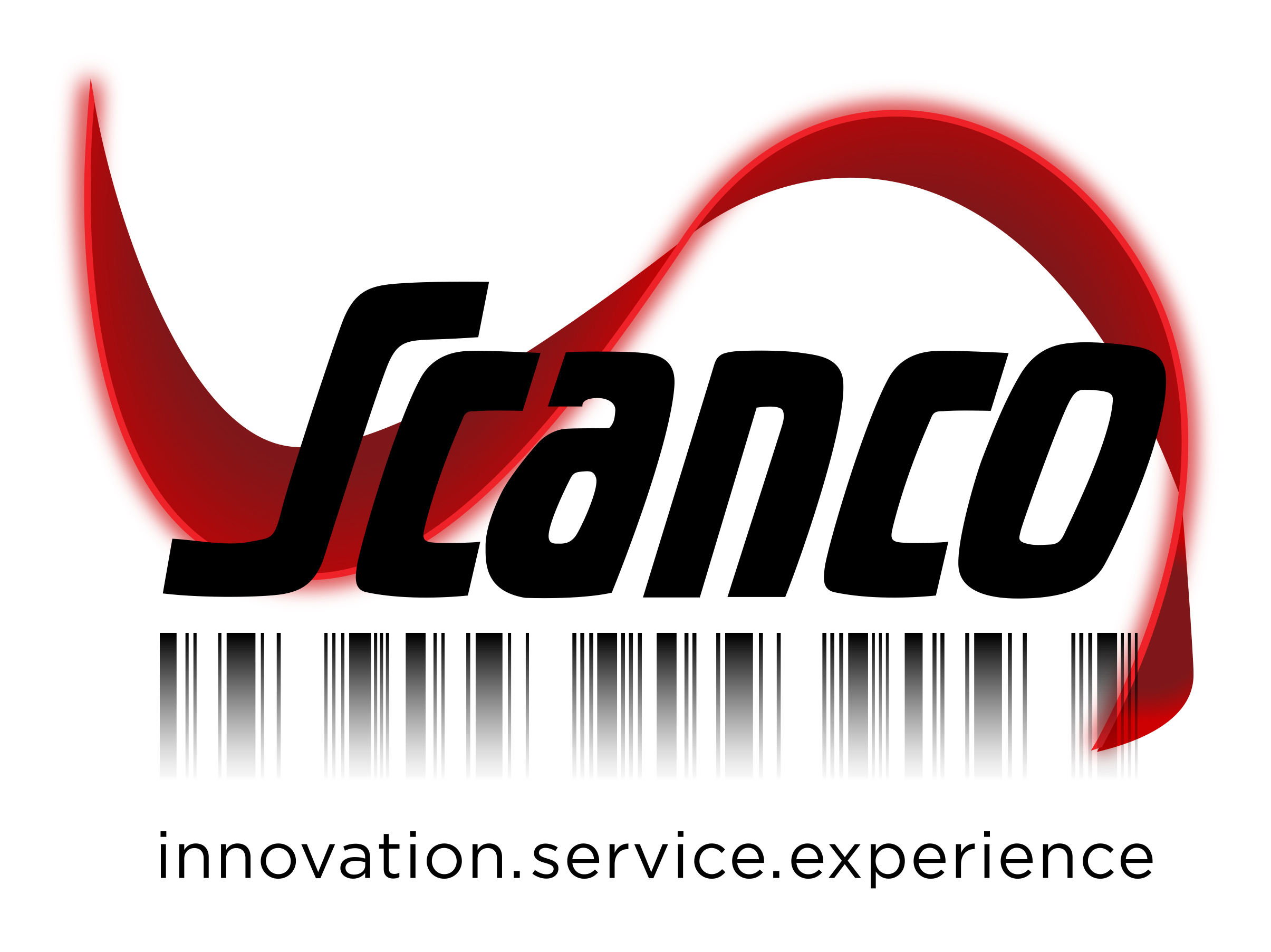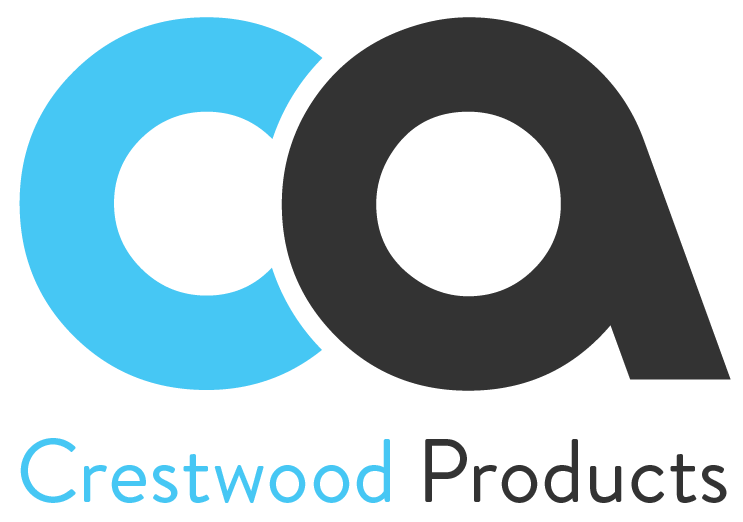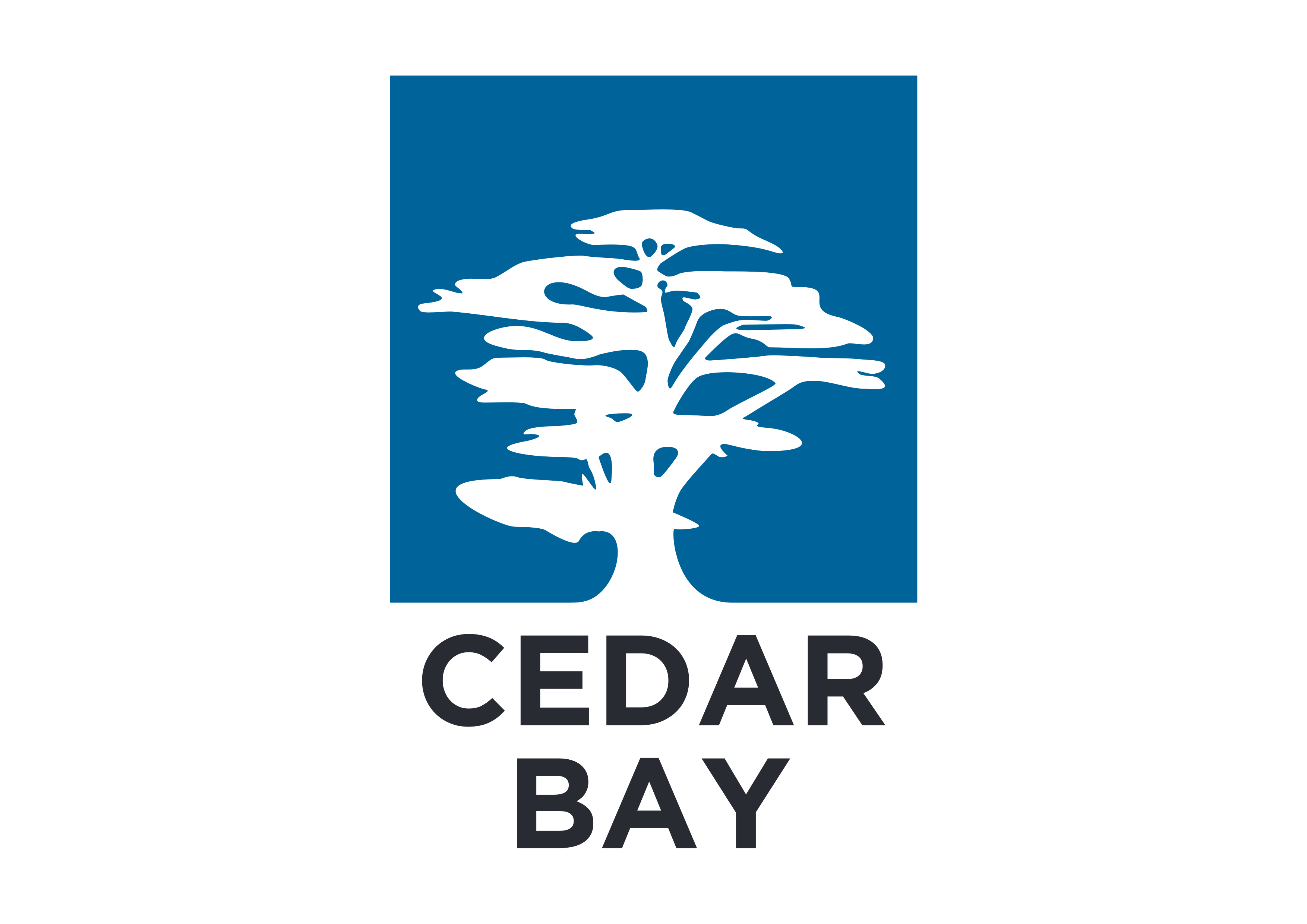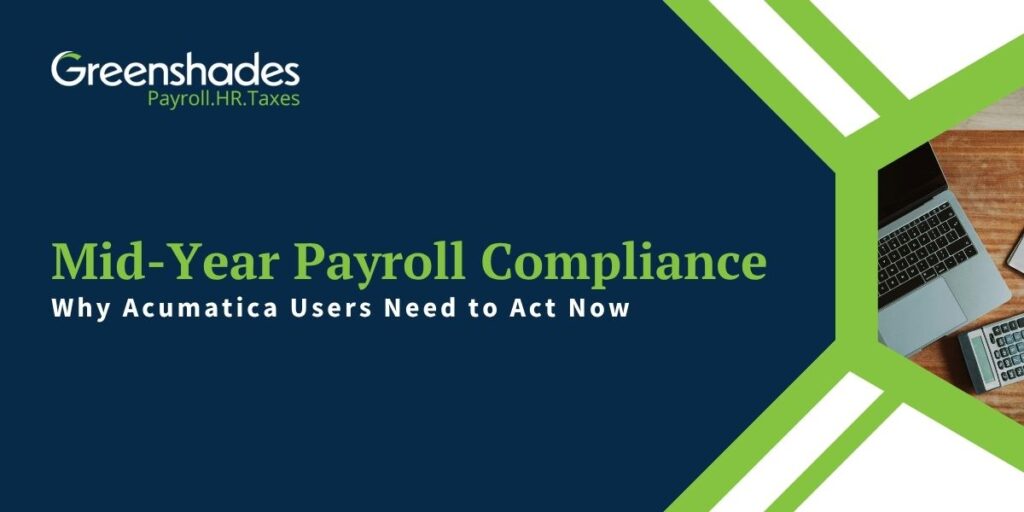Understanding Supply Chain Compliance
Manufacturing and distribution companies need to comply with industry, statutory, and regulatory requirements. Supply chain compliance means adhering to these rules and regulations throughout the supply chain, from receiving raw materials to dispatching final finished goods.
Critical aspects of the supply chain include labor standards, trade regulations, product quality standards, and legal and ethical laws. Rules and regulations differ from one country to another and state to another. Companies must align their operations with laws and ethical practices. Following these rules and regulations will help mitigate risk, enhance the company’s credibility, and prevent reputation damage.
4 Practices To Stay Compliant Throughout The Supply Chain
Manufacturers and distributors can stay compliant by regularly assessing vendors to determine whether they meet the compliance requirements. Here are four standard practices that manufacturing companies can follow to remain compliant throughout the supply chain.
1. Vendor Onboarding
Companies must ensure that new vendors align with their quality standards. Just like onboarding new employees, companies should assess vendors by doing a background check. Vendors must have required certifications like FDA, ISO, and FTC. Companies must monitor vendors regularly to maintain compliance.
2. Product Quality
Consistent quality checks and inspections ensure adherence to industry standards, guaranteeing product safety and reliability in the market. Products must be tested at all stages, from receiving to shipment, to ensure they meet quality standards.
3. Track and Trace
Product traceability involves tracing the origin of products, while tracking involves monitoring their movement throughout the supply chain. Many industry regulations and laws designed to protect consumers affect the supply chain processes, especially manufacturers. Product tracking and traceability help to improve the security of the supply chain risk and product recalls.
4. Centralize Data
Companies should keep supplier data in a central location where relevant departments can easily access documents such as certifications, licenses, and legal documents. Storing the records in one place will allow you to assess suppliers regularly and keep the documents updated in your database. With the help of the right software, you can be notified if any certificate is about to expire or registration renewal is required. Centralized data and dashboards will give insights into the supplier’s credibility and ability to meet supply chain operations compliances.
Conclusion
Equip the right technology for your company to stay compliant. Simplify the complexities of maintaining these supply chain compliances with Acumatica, a modern ERP system, and integrate eWorkplace Apps’ robust quality management suite to ensure your company meets quality standards and compliance regulations.
Maintaining supply chain compliance is critical for manufacturing and distribution companies to navigate the complex landscape of industry, statutory, and regulatory requirements. Implementing the above critical practices is essential for ensuring compliance throughout the supply chain. These measures support the integrity of the supply chain and contribute to the overall efficiency and reliability of business operations.
Are you curious to learn how eWorkplace Apps Quality Management Suite within Acumatica ERP can help you meet compliance requirements? Contact us.
